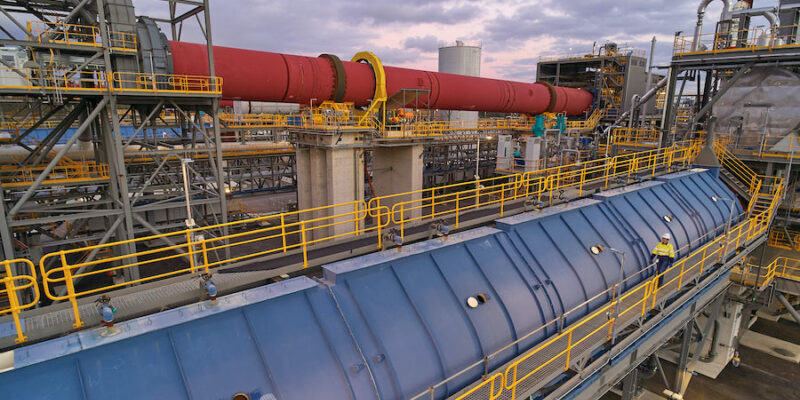
Namibia aims to position itself as a manufacturing hub for battery metals, essential for the global shift toward clean energy.
The country, rich in lithium and rare earth minerals, has signed an agreement with the European Union to supply green hydrogen and minerals for clean energy technologies.
This year, Namibia banned the export of unprocessed lithium and rare earth minerals to benefit from the rising global demand for renewable energy metals.
Mining executives, speaking at an EU-Namibia conference on critical minerals, praised Namibia’s investor-friendly policies and renewable energy resources but stressed the need for substantial infrastructure investments to enable local processing of battery-ready metals.
They highlighted the complexity of beneficiation and emphasized that large-scale infrastructure projects require concurrent investments in water, power, and logistics.
Andrada Mining CEO Anthony Viljoen suggested that Namibia could use its collaboration with the EU to develop the essential infrastructure to support battery metals processing.
Lepidico’s Managing Director, Joe Walsh, mentioned plans to produce lithium concentrate in Namibia and process battery-grade lithium at a hydrometallurgical plant in Abu Dhabi.
He noted the efficiency and straightforward permitting processes in Abu Dhabi and recommended similar infrastructure in Namibia, potentially at Walvis Bay.
Namibia’s sparse population and vast territory make it ideal for solar and wind energy projects, crucial for battery minerals production.





